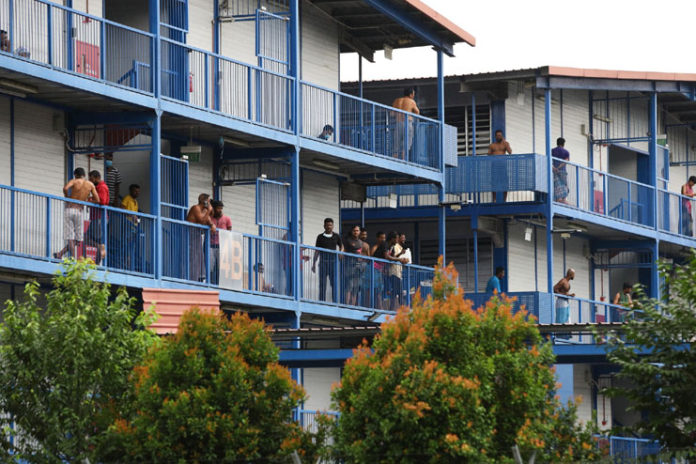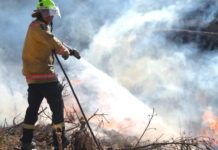Three new coronavirus clusters in Singapore’s migrant workers’ dormitories were discovered which make it difficult to contain the virus.
Singapore has found three new virus clusters in the migrant workers’ dorms which were previously declared clear of the disease. This discovery has led to the revival of tensions that have challenged the city’s strategy to contain the virus.
The Ministry of Health of Singapore announced 49 new cases on Wednesday of which 43 people were from the dormitories.
Of the dormitory cases in the city, 14 were contacts of earlier cases and already quarantined and the other 29 cases were detected through surveillance testing.
Changi Lodge II at 80 Tanah Merah Coast Road was linked to 6 cases, North Coast Lodge in Admiralty was tied to seven cases and two new patients from Toh Guan Dormitory at 19A Toh Guan Road East were linked to five previous cases according to the ministry.
These new clusters add to other clusters that have been identified in the dormitories it said in a statement.
Dorms housing the low paid foreign workers that underpin Singapore’s construction and services sectors have made up the vast majority of the countries’ cases.
An explosion in infections saw Singapore pivot to a more restrictive approach to the virus, imposing a lockdown in April that shattered restaurants and offices and triggered a rethink of its testing strategy.
The re-emergence of clusters in the dorms where workers live in close quarters reflects the difficulties in Singapore and other nations have experienced in stamping out the virus which is highly contagious and can manifest with little or no symptoms.
Singapore’s Prime Minister Lee Hsien Loong said in a speech on Wednesday that the country would have acted more aggressively and sooner on the migrant worker dormitories given what it knows now about the asymptomatic infectious nature of the disease.
He also said that while authorities stepped up precautions which they thought were adequate, bigger clusters broke out in the dorms that threatened to overwhelm the country.
The persistent infections come even after a concerted effort by the authorities over months to clear them of the virus through aggressive testing and quarantines.
On August 19, the manpower ministry of Singapore said that all the workers living in the dormitories have been recovered or have tested negative for the virus.
The recurrence of infections in the dorms means that thousands of workers have to placed into quarantine once again while some work sites had to pause their projects in order to disinfect areas and review safe management measures.
As a part of these measures, employers have to ensure that the dorm workers, as well as those in the construction sectors, go for routine testing every 14 days but the implementation of this has been a challenge.
By Gayatri Yellayi













































